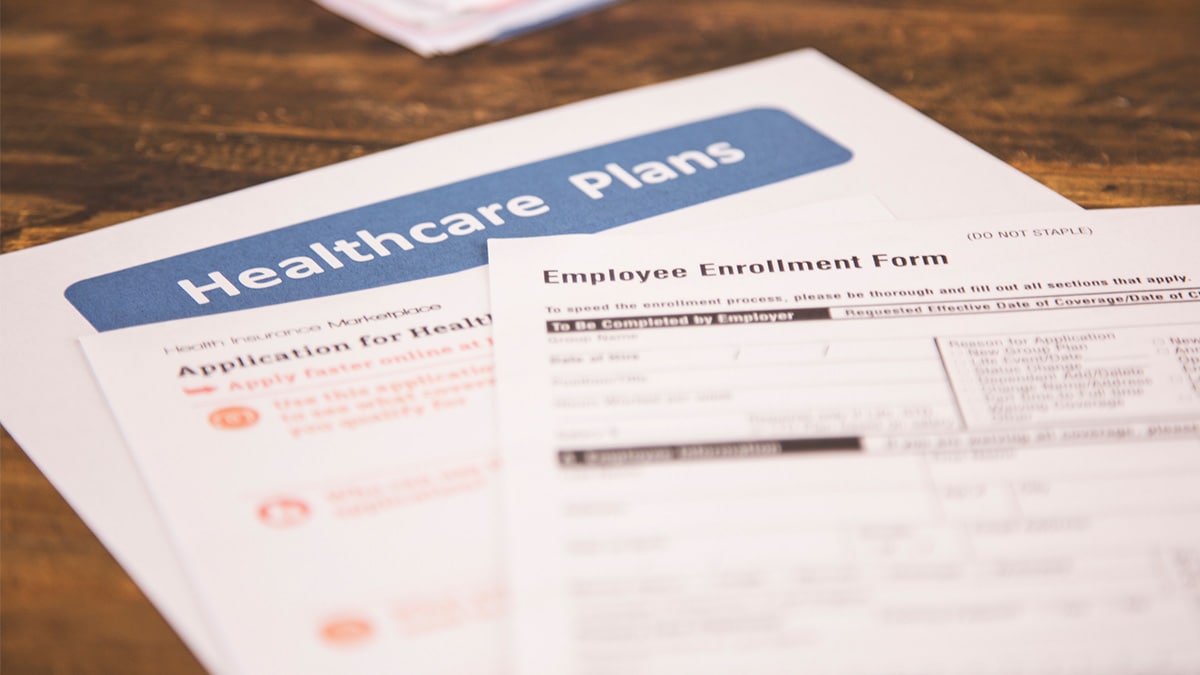At a glance
The Affordable Care Act (ACA) includes several provisions aimed at improving coverage of, and access to, certain preventive health services. Those provisions are summarized below by market segment.

Non-grandfathered private health insurance plans
Section 2713 of the Public Health Service (PHS) Act, as added by the Affordable Care Act and federal code, requires that non-grandfathered group health plans and health insurance issuers offering non-grandfathered group or individual health insurance coverage provide coverage of certain specified preventive services without cost sharing.1 These preventive services include:
- Evidence-based items or services that have an "A" or "B" recommendation rating from the United States Preventive Services Task Force (USPSTF).
- Immunizations recommended for routine use in children, adolescents, and adults by the Advisory Committee on Immunization Practices (ACIP)
- Evidence-informed recommendations to improve the health and wellbeing of infants, children, and adolescents that are included in the Health Resources and Services Administration's (HRSA's) Bright Futures Project
- Recommended services included in the HRSA-supported Women's Preventive Services Guidelines, including all Food and Drug Administration (FDA)-approved contraceptives, sterilization procedures, and patient education and counseling for women with reproductive capacity, as prescribed by a health care provider.
In addition to these services, private and public plans may cover other preventive services without cost-sharing.
Medicare
Under the ACA, USPSTF services with a Grade "A" or "B" may be covered without cost sharing if the Secretary, through the National Coverage Determination Process, determines they are a) reasonable and necessary for the prevention or early detection of an illness or disability, and b) appropriate for individuals entitled to benefits under part A or enrolled under part B preventive care recommendations.2
Medicaid expansion plans
Medicaid expansion plans offered by states that extend Medicaid eligibility to non-elderly individuals with annual incomes at or below 133 percent of the federal poverty level ($16,611 for an individual or $34,247 for a family of 4 in 2019) are required to cover the full range of preventive services required in the essential health benefits (EHB) final rule. This encompasses coverage without cost sharing for all services outlined in Section 2713 of the PHS Act (see above under "Non-grandfathered private health insurance plans).34
Traditional Medicaid plans
Section 4106 provides that states who elect to cover all USPSTF Grade "A" or "B" recommended preventive services, as well as ACIP recommended vaccines and their administration, without cost-sharing shall receive a one percentage point increase in the federal medical assistance percentage (FMAP) for those services.5
- Coverage of Certain Preventive Services Under the Affordable Care Act; U.S. Department of Health & Human Services. July 2015
- U.S.C. § 1395l (see U.S.C. § 1395x(ddd) for definitions of preventive services)
- Annual Update of the HHS Poverty Guidelines. 84 FR 1167; 1167-1168. February 2019.
- Medicaid and Children's Health Insurance Programs: Essential Health Benefits in Alternative Benefit Plans, Eligibility Notices, Fair Hearing and Appeal Processes, and Premiums and Cost Sharing; Exchanges: Eligibility and Enrollment; Final Rule. 78 FR 42159; 42224-42226. July 2013
- State Medicaid Director letter #13-002, regarding "Affordable Care Act Section 4106". 2013. Centers for Medicare & Medicaid Services (CMS).
